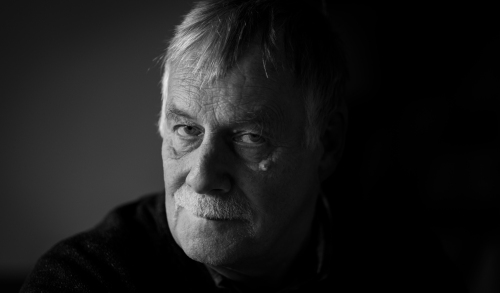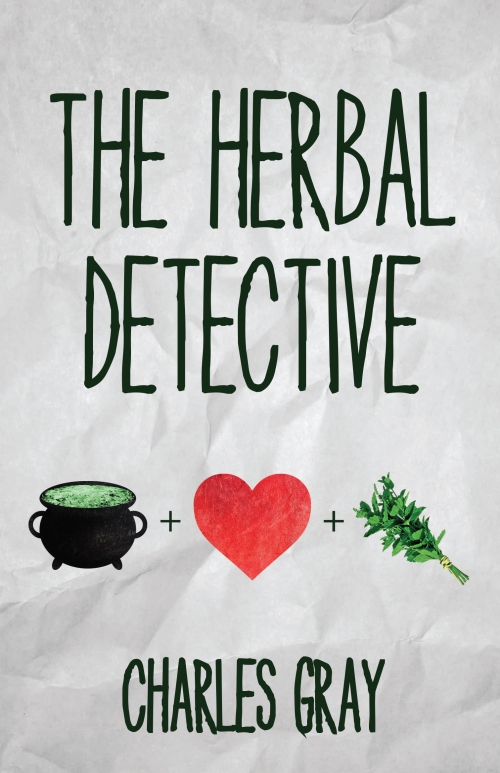Today it’s my pleasure to host writer Charlie Laidlaw on the blog. My thanks to Charlie for sharing his time and experiences with us.
Vic x

Tell us about your books, what inspired them?
My first book, The Herbal Detective (Ringwood Publishing) was inspired by the seventeenth century witch craze. Back then, it was a crime not to believe in witchcraft. What, I thought, would happen now if someone still did believe in witchcraft? That said, to make this improbable tale work, it had to be a bit of a Benny Hill romp. It’s a fun book.
My second, The Things We Learn When We’re Dead (Accent Press), while a gentle comedy, is darker. It’s really a reworking of The Wizard of Oz – young woman gets knocked on the head, remembers her life in flashback, and emerges from the experience as a different person. It’s a book about the power of memory and how, if we remember things in a different way, we can be changed by that experience.

Where do you get your ideas from?
Good question because I have no idea. The basic inspiration for my second book came on a train from Edinburgh to London, which was apt as Edinburgh is the only city in the world to have named its main railway station after a book. When I got home, I wrote the first and last chapters. The first has changed beyond all recognition, but the last chapter is pretty much the same.
Do you have a favourite story / character / scene you’ve written?
Not really, no. I tend to be something of a perfectionist and am constantly editing and rewriting. I hope that, for the reader, it comes across as effortless. From my perspective, everything is hard work – so I tend to like most of the stuff that eventually makes it into the final cut!
Are you a plotter or a pantster?
Not entirely sure what you mean. But I think that good books need good characters, a good plot, and good narrative and dialogue. Those are at least some of the basics. However, as I’ve mentioned the word “plot” I suppose I’m a plotter.
Can you read when you’re working on a piece of writing?
I’m always reading because I take inspiration from other writers, and the world and the characters they create. You can’t write if you don’t read. Simples.
What’s the best writing advice you’ve ever been given and who it was from?
I can’t remember who gave me this advice but, like most advice, it’s both blindingly obvious and wise. Simply: you can’t edit a blank page. In other words, it doesn’t matter if you’re writing gibberish. You can go back to it later and turn it into English. The important thing is to keep writing.
What can readers expect from your books?
I hope, to be entertained. But also, maybe, to be taken on a slightly mad thought-provoking journey. I like books that are not too deep, entertain me, and make me smile. I hope that’s what mine do.
Have you got any advice for aspiring writers?
Keep writing and don’t give up. I honestly believe that some of the best books ever written will be mouldering at the bottom of landfill because their authors received one too many rejection. If you genuinely think that what you’ve written has merit, stick with it.
What do you like and dislike about writing?
I like the way that one idea can lead onto another and then another. I dislike it when those ideas turn out to be bad ideas, and I’ve wasted days or weeks of my life. I try now to plan well ahead, with an ending in sight.
Are you writing anything at the moment?
It’s complete and provisionally entitled The Space Between Time. While (again) a gentle comedy, it’s also about mental illness and how we can grow up with false impressions of the people closest to us. It was a difficult book to write, because it has to balance lighter elements with tragedy and poignancy. It will be published late this year or early in 2019.
What’s your favourite writing-related moment?
I’d like to say, putting in the final full stop. But that just provokes me to go back into the manuscript and edit, edit, edit. So, perhaps the best moment is when your editor and proofreader tell you that no further changes can be made!


